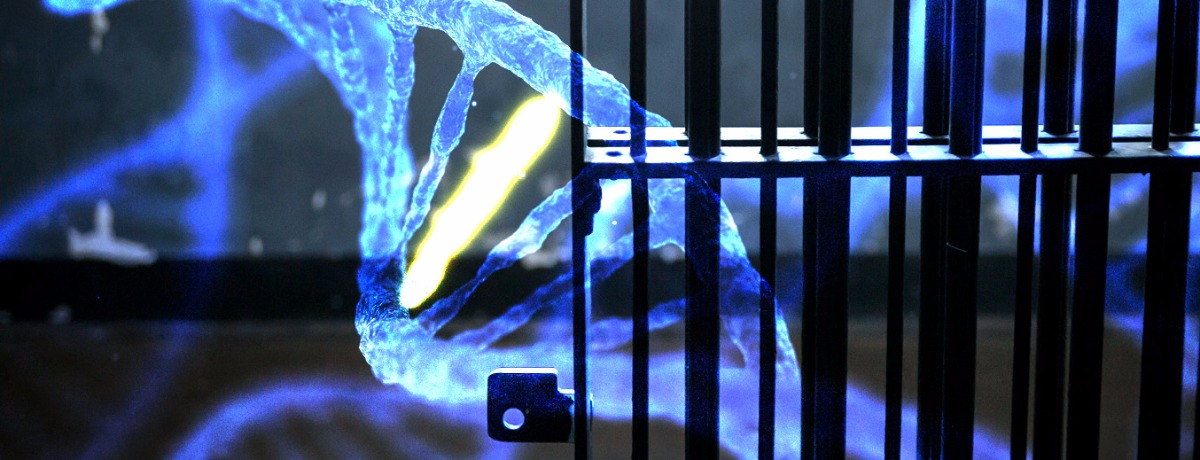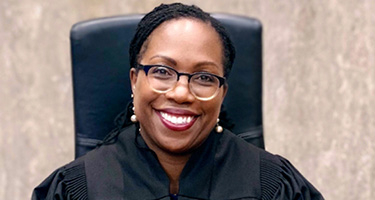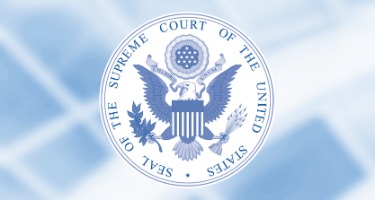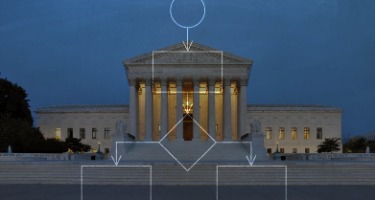My criminal practice includes a substantial amount of post-conviction work. At the state level, it includes representation on petitions for post-conviction relief, motions to reopen petitions for post-conviction relief, petitions for writ of error coram nobis, and petitions for pardons, clemency, commutation, and exoneration.
After state remedies are exhausted, we can file a motion to vacate judgment in federal court pursuant to 28 USC sec 2254.
As to federal convictions, we can file in federal court a motion to vacate judgment pursuant to 28 USC sec 2255, motions for permission to file a second or subsequent 2255 motion, and periods for pardon, clemency, or commutation.
In the last 18 months, I have won a state post-conviction petition for post-conviction relief and a federal motion for permission to file a second or subsequent motion to vacate as well as the subsequent motion itself. I also won a petition for commutation from the President of the United States.
In these post-conviction cases, we look for Constitutional violations that deprived the defendant of a fair trial and undermined confidence in the outcome.
One of the most common Constitutional rights violated is that of effective assistance of counsel. What did trial counsel do or fail to do that fell below the standards of defense counsel required by the Constitution? Is there a reasonable probability that, but for his errors, the result would have been different?
The law of the Supreme Court is ever-developing and must be constantly monitored as to how it changes the landscape of post-conviction work. Post-conviction resentencing resembles petitions for executive clemency because the breath of rehabilitation continues to develop. The sciences must also be monitored for developments that could influence courts in post-conviction work or governors or the president in clemency cases.
Two exciting such developments are the warrior gene in violent cases and brain development in juvenile cases.
Some men possess a genetic marker colloquially called the warrior gene. When present and in combination with having been abused as a child, a man is up to five times greater to be homicidal. This can be important not only in sentencing but also for the possibility of diminished capacity.
Common sense tells us and the Supreme Court has recognized that juveniles are different. The frontal lobe is not fully formed until around the age of 25. As a result, young people are more likely to be impulsive, reckless, and function with less reason. The Supreme Court has held that juveniles should not receive the death penalty or life imprisonment without the possibility of parole. Juveniles should receive a sentence within a reasonable expectation of release within their lifetime.
----------------------
Douglas A. Trant graduated law school from the University of Tennessee in 1977. He has been listed with Best Lawyers® since 1995 and became certified as a criminal trial specialist by the National Board of Trial Advocacy that same year. He is a life member of the National Association of Criminal Defense Lawyers, and he was elected as a Fellow of the American College of Trial Lawyers in 2007. More can be found at knoxdefense.com.
If you or a loved one need experienced post-conviction or representation, use the Best Lawyers Find a Lawyer tool to connect with qualified criminal defense attorneys ready to guide you.































